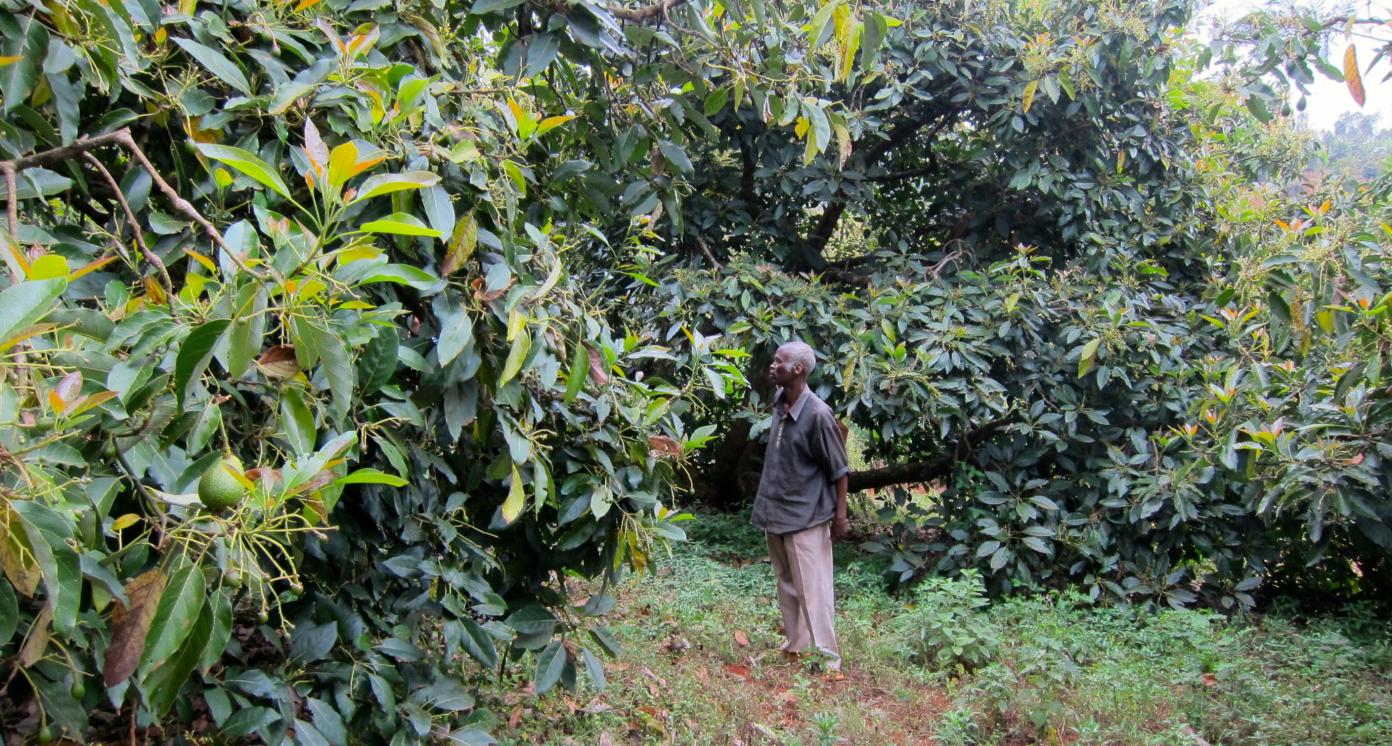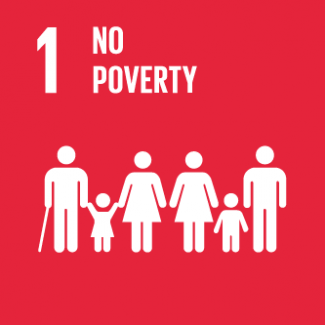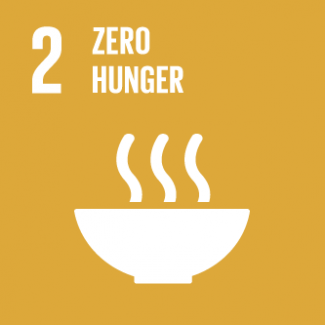New Zealand-based Olivado Group is a major supplier of avocado and other edible oils whose brand is sold in supermarkets across the globe in more than 35 countries. In its nearly 20 years of existence, Olivado Group has created an international brand that is responsible for 60 percent of all international retail sales of extra-virgin avocado oil.
In the last two years, Olivado Group’s sales volume has doubled and the company continues to grow, with demand consistently outstripping supply. In order to keep up with demand, the company expanded into new markets: Olivado Group committed to purchase avocados and other produce from 7,000 smallholder farmers in Kenya and Tanzania by 2021, establishing strong local supply chain and increasing each farming family’s income.
Agriculture dominates Kenya’s and Tanzania’s economy and almost three quarters of the country’s workers make their living by farming. But nearly one half of agricultural output is for farmers’ own subsistence. Smallholder farmers have difficulty selling their products because there are few reliable markets. While in some years, brokers turn up with offers to buy smallholders’ produce, in others their crops simply fall on the ground. Without the ability to sustainably market their produce, many farmers are trapped in a cycle of poverty.
In the process of accessing the Kenyan market, the company created a unique inclusive business model involving a Fair Trade and Organic programme of 3,000 Kenyan farmers – more than half of them women. Training by Olivado’s field team includes Climate Smart practices.
Olivado establishes relationships with farmers by agreeing to buy at least 95% of their yearly avocado crop. It also provides agricultural training and support in obtaining Organic and Fair Trade certifications. While farmers are free to sell their products to other buyers, their consistent sale to Olivado Group increases the price they are paid for their fruit. As these farmers sell more of their produce to Olivado Group, they use their additional income to plant new avocado trees as well as purchase cows, new houses, electricity, wells and water tanks.
In 2011, noting the increasing costs and unreliable electricity supply, Olivado began in-house research to use its avocado waste after the oil has been extracted. Its biogas project has now been noted by independent research as one of the success stories in renewable energy in Africa. It is one of the world’s first examples of a circular economy in the food oil industry. The company makes all its own energy and soon will fuel all its trucks from collecting the fruit. In addition, the digestate produces a product that increase soil health and fertility in a sustainable manner.
This case study is sourced though the UNDP Business Call to Action (BCtA), whose members are confirmed to engage low-income people in core business, be commercially viable, be built for scale and to advance the SDGs, and are guided by the BCtA Code of Conduct. Learn more about the case study on the enterprise’s BCtA membership site.


















